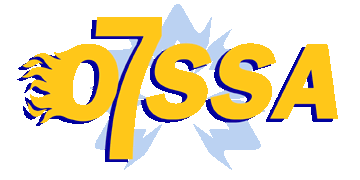
Location
University of Windsor
Document Type
Paper
Start Date
6-6-2007 9:00 AM
End Date
9-6-2007 5:00 PM
Abstract
Moral dissensus may arise first because persons may disagree over the warrants licensing inferring an evaluative conclusion from premises asserting that properties alleged evaluatively relevant hold. This results in seeing different properties as evaluatively relevant. Secondly, such properties will frequently not be descriptive but interpretive, asserting some nomic connection. Persons may disagree over what evaluatively relevant properties hold in a given case. We explore the possibilities for argumentation to resolve these two types of disagreement.
Creative Commons License

This work is licensed under a Creative Commons Attribution 4.0 International License.
Response to Submission
Daniel N. Boone, Commentary on Freeman
Reader's Reactions
Daniel N. Boone, Commentary on Freeman (June 2007)
Included in
Resolving Moral Dissensus: Possibilities for Argumentation
University of Windsor
Moral dissensus may arise first because persons may disagree over the warrants licensing inferring an evaluative conclusion from premises asserting that properties alleged evaluatively relevant hold. This results in seeing different properties as evaluatively relevant. Secondly, such properties will frequently not be descriptive but interpretive, asserting some nomic connection. Persons may disagree over what evaluatively relevant properties hold in a given case. We explore the possibilities for argumentation to resolve these two types of disagreement.
